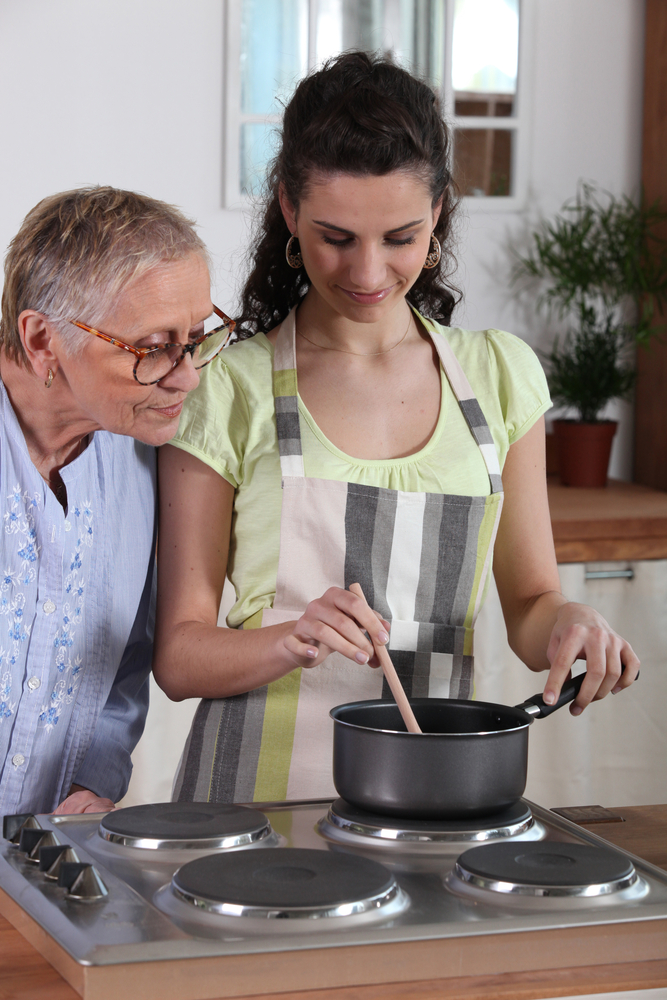
Phone 952.767.3793
Toll Free 866.910.9066
Fax 952.881.0259

A Caring Company, Inc. is a home health care company that provides personal care assistant services to individuals on Minnesota's Medical Assistance Program. The Minnesota Department of Human Services (DHS) oversees the PCA program under Medical Assistance. Many of the requirements of this program are defined by Minnesota law: The services that can be provided, how the program operates, and the State reimbursement rates (which impact PCA wages) are all determined by State Legislature. Key elements of the PCA program include the following: Traditional vs. PCA Choice Programs, the Shared Services Option, and the types of PCA services we can provide.
A Caring Company, Inc. clients can receive PCA services through two different programs: Traditional PCA (PCPO) or PCA Choice. Under the Traditional program, employment decisions (hiring, firing, training, scheduling, and evaluating PCAs) are the responsibility of the agency, but clients are still able to give their PCAs daily work direction and may adjust the schedule to meet their needs. Under the PCA Choice program, the client (or the client's Responsible Party) is responsible for the employment decisions and is viewed as the employer. For both options, the agency provides payroll and claims support, processes paperwork, and a Qualified Professional can provide assistance with training and Care Plan development.
At A Caring Company, Inc., we offer our clients the Shared Services Option: a single PCA provides services for two or three clients at the same time (all involved clients must be clients of A Caring Company, Inc.). During the Assessment by the Public Health Nurse, interested clients must state that they wish to receive shared services. Those who are eligible can use their alloted hours under shared care services, one-to-one services, or a combination of both. A client may withdraw from participating in a shared service agreement at any time. Contact us for help in understanding the advantages and disadvantages of using shared services and for a walkthrough of how to get setup for this option, which includes signing the Home Care Shared Services Agreement and developing a shared services contingency plan.
Outlined by Minnesota's Department of Human Services (DHS), our PCA services must assist our clients in their Activities of Daily Living (ADLs), and, for individuals 18 years of age or older, their Instrumental Activities of Daily Living (IADLs). For recipients under the age of 18 years, IADLs are considered a parental duty, not a PCA responsibility. In DHS' wording, ADLs and IADLs are described below.
Covered service for recipients over age 18 years only, such as: meal planning and preparation, basic assistance with paying the bills, shopping for food, clothing, and other essential items, perforiming household tasks integral to the personal care assistance services; assisting with recipient's communication by telephone, and other media, and accompanying the recipient with traveling to medical appointments and participation in the community.